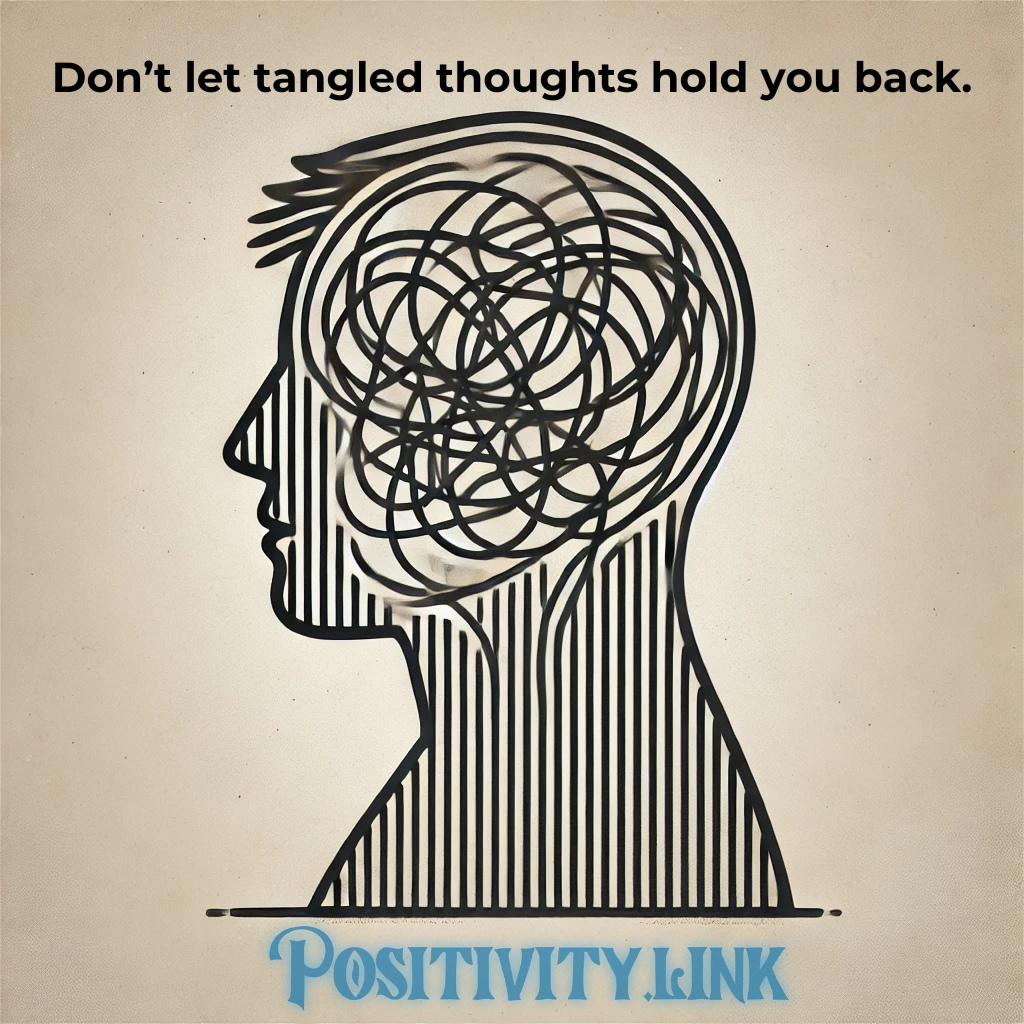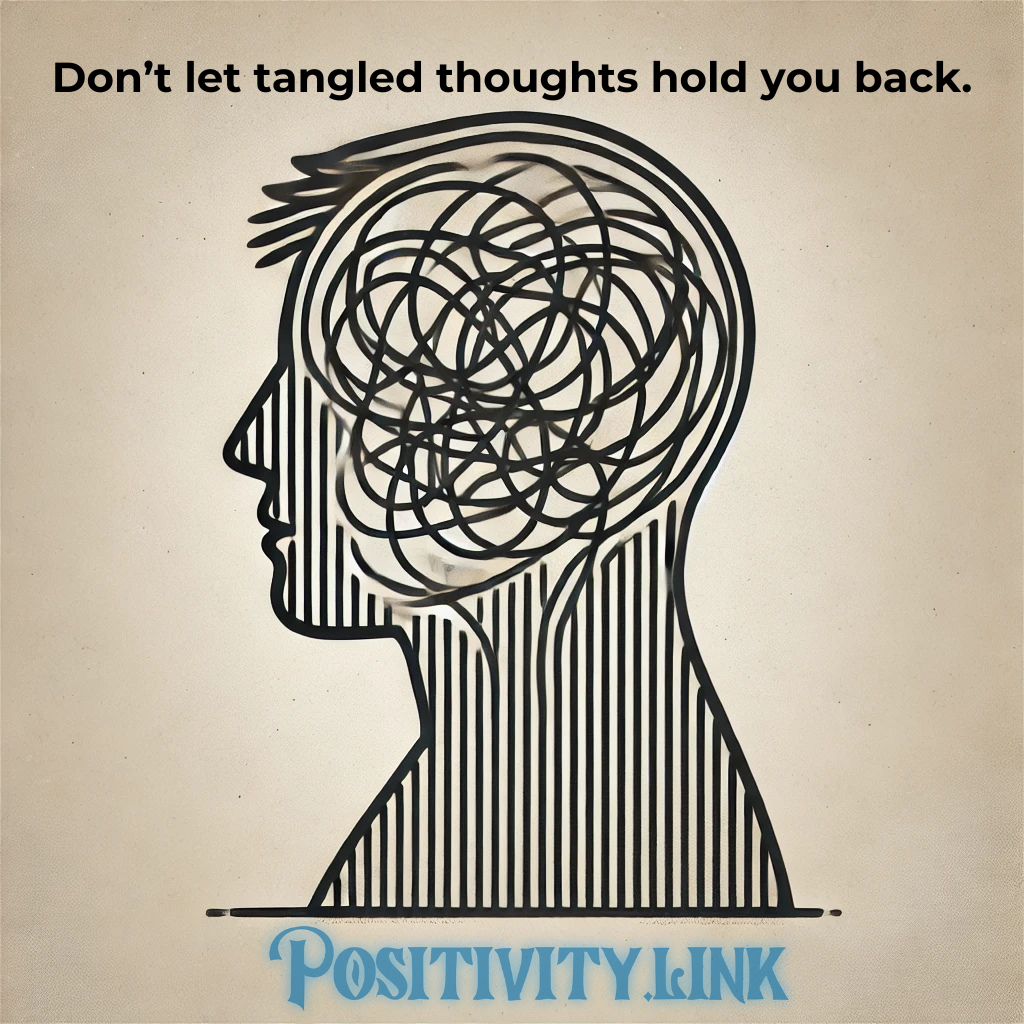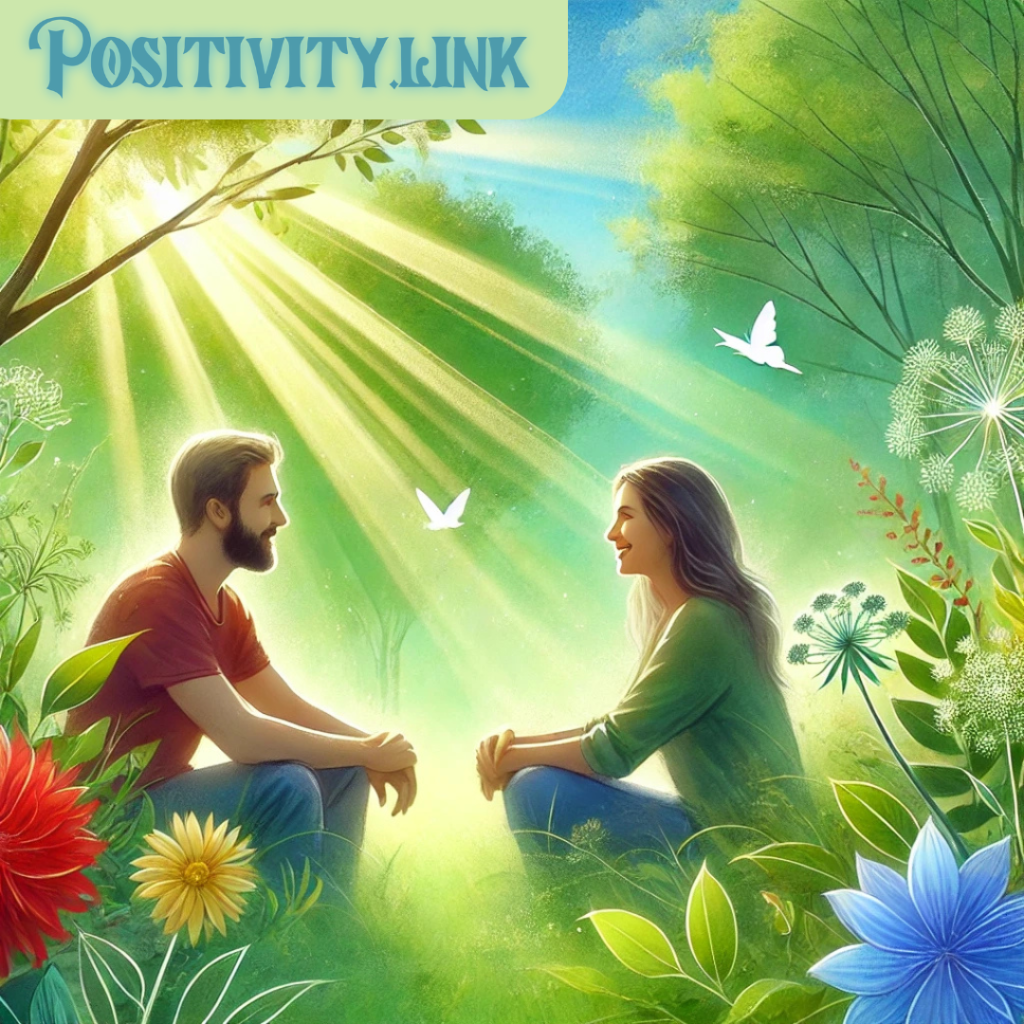The path of personal growth is filled with highs and lows. It’s easy to celebrate victories and progress, but what happens when setbacks arise? What about the days when motivation is low, mistakes are made, or self-doubt creeps in? In those moments, self-compassion becomes one of the most vital tools in your journey.
Many people approach self-improvement with a sense of urgency and high expectations. They strive to become stronger, more disciplined, or more productive, believing that pushing themselves harder is the key to success. But true growth isn’t about relentless self-criticism—it’s about balancing ambition with self-kindness.
Self-compassion isn’t about lowering your standards or excusing poor choices. It’s about treating yourself with the same level of patience, encouragement, and understanding that you would offer a friend who is struggling. It’s a shift from being your harshest critic to being your most reliable supporter.
What Is Self-Compassion?
Dr. Kristin Neff, a leading researcher on self-compassion, defines it as the practice of being kind to yourself in moments of struggle, rather than resorting to self-judgment. It involves three key components:
- Self-Kindness – Offering yourself encouragement instead of criticism when facing difficulties.
- Common Humanity – Recognizing that setbacks, flaws, and struggles are part of the shared human experience, rather than seeing them as personal failings.
- Mindfulness – Observing thoughts and emotions with curiosity and acceptance, rather than getting lost in self-blame or avoidance.
Together, these elements create a foundation of resilience and emotional well-being.
Why Self-Compassion Is Essential for Growth
It’s easy to believe that being hard on yourself will push you toward success. Society often glorifies self-discipline and toughness, framing self-criticism as a way to “stay accountable.” But research shows the opposite—self-compassion leads to greater motivation, stronger resilience, and healthier emotional well-being.
1. Self-Compassion Fuels Motivation, Not Laziness
Many people fear that being kind to themselves will make them complacent. In reality, self-compassion encourages growth, rather than hindering it.
Imagine failing at a personal goal—whether it’s missing a deadline, skipping a workout, or struggling with a new skill. A self-critical mindset might say:
❌ “I’m so lazy. I’ll never be good at this.”
A self-compassionate response, however, would be:
✅ “I had a tough day, and that’s okay. What can I learn from this? How can I try again tomorrow?”
By shifting your internal dialogue, you create an environment where growth is sustainable. Instead of being paralyzed by guilt or frustration, you feel encouraged to keep trying.
2. Resilience Comes from Self-Acceptance, Not Perfection
Struggles are inevitable. No matter how dedicated or driven you are, there will be times when things don’t go as planned. Self-compassion acts as a buffer against discouragement in these moments.
Instead of seeing failure as a defining flaw, you learn to view it as a stepping stone. By accepting that imperfection is part of growth, you develop the resilience to keep moving forward, even when progress feels slow.
3. Self-Compassion Strengthens Emotional Well-Being
Being hard on yourself doesn’t just affect motivation—it also impacts mental health. Chronic self-judgment leads to stress, anxiety, and burnout. On the other hand, self-compassion promotes self-worth, emotional stability, and inner peace.
Studies show that people who practice self-compassion experience lower levels of depression and anxiety, higher levels of life satisfaction, and greater emotional balance. It’s not about ignoring challenges, but about facing them with a sense of self-support rather than self-criticism.
How to Cultivate Self-Compassion in Daily Life
Self-compassion is a skill that takes practice. If you’ve spent years being self-critical, it won’t change overnight—but with small, intentional steps, you can rewire your mindset.
1. Notice Your Inner Voice
Start by paying attention to how you speak to yourself during difficult moments. Would you talk to a close friend the same way you talk to yourself? If the answer is no, it’s time to shift your internal dialogue.
🔹 Try this: When self-critical thoughts arise, ask yourself: “What would I say to someone I care about in this situation?” Then, offer that same kindness to yourself.
2. Reframe Mistakes as Learning Opportunities
Rather than viewing setbacks as failures, see them as part of the learning process. Growth is not a straight line—it’s filled with detours, pauses, and unexpected lessons.
🔹 Try this: After a setback, write down one thing you learned from the experience. This helps shift your focus from shame to self-improvement.
3. Practice Self-Care Without Guilt
Taking care of yourself is not selfish—it’s essential. Whether it’s setting boundaries, resting when needed, or engaging in activities that bring joy, self-care reinforces self-compassion.
🔹 Try this: Make self-care a non-negotiable part of your routine, even if it’s just five minutes a day. Whether it’s deep breathing, journaling, or simply resting, remind yourself that taking care of yourself allows you to show up more fully in other areas of life.
4. Use Mindfulness to Stay Present
Mindfulness helps prevent over-identifying with negative emotions. Instead of getting stuck in self-doubt, mindfulness allows you to observe emotions without judgment.
🔹 Try this: The next time you feel frustrated or discouraged, take a deep breath and simply notice the feeling. Instead of resisting it, acknowledge it: “I am feeling disappointed, and that’s okay.” Recognizing emotions without attaching shame to them helps create self-compassion.
5. Celebrate Progress, Not Just Results
Growth isn’t measured by perfection—it’s measured by consistent effort. Every step forward, no matter how small, is worth celebrating.
🔹 Try this: At the end of each week, reflect on one thing you did well, no matter how small. By focusing on progress rather than perfection, you reinforce a healthy and sustainable growth mindset.
The Journey of Self-Compassion Takes Time
If self-compassion doesn’t feel natural at first, that’s okay. Changing the way you treat yourself is a process that takes patience.
Some days, self-kindness will come easily. Other days, self-judgment will be louder. The key is to keep practicing, even when it feels difficult. Over time, small moments of self-compassion will turn into habits, and those habits will transform the way you experience growth.
There is no rush. There is no perfect way to grow. The goal is not to become flawless—the goal is to become a person who supports themselves through all the ups and downs of life.
Join a Community That Supports Your Growth
If you’re looking for a supportive space where self-compassion, growth, and well-being are celebrated, join Positive Growth & Wellness. Here, we uplift each other, share insights, and encourage one another on the path to self-improvement.
💙 Connect with us today: Positive Growth & Wellness
The way you treat yourself matters. You are deserving of the same patience, love, and encouragement that you give to others. Keep going, keep growing, and most importantly—be kind to yourself. 💙












